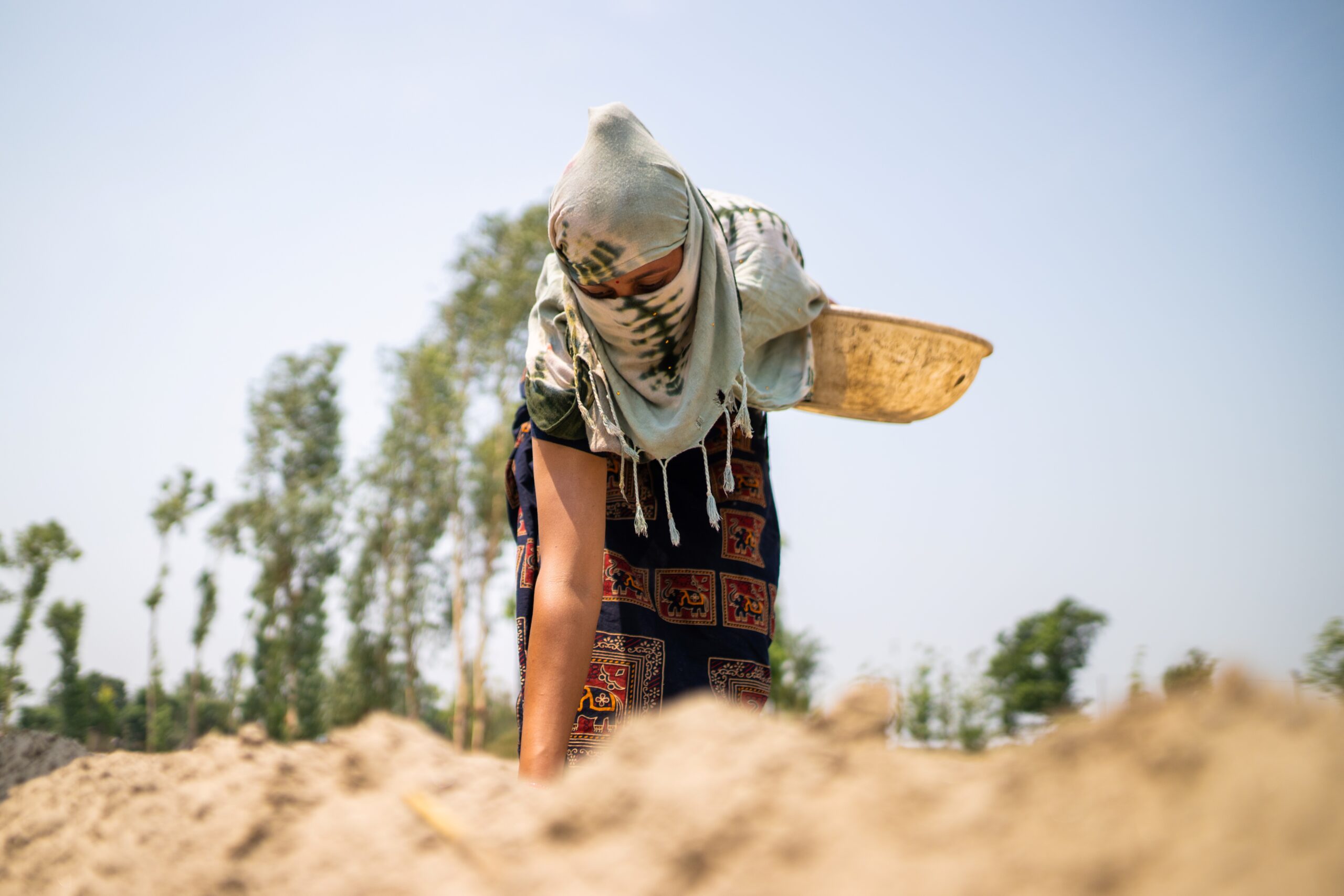UN agencies have urged employers, trade unions, local authorities and health experts to team up on creating tailored plans to protect workers from heat stress, as a warming world exposes them to more extreme temperatures, risking death and chronic health impacts.
In a report released on Friday, the World Health Organization (WHO) and the World Meteorological Organization (WMO) said climate change is increasing the temperature of workplaces – especially outdoors – and creating conditions that threaten workers’ health and national economies.
Extreme heat is causing a rise in heat stroke, dehydration and long-term kidney and cardiovascular damage – especially for manual labourers in physically demanding sectors like agriculture, construction and fisheries, the report found.
Record-hot 2024 shows world must adapt to extremes, says EU climate service
“The workers keeping our societies running are paying the highest price,” said Rüdiger Krech, director of climate change and environment at the WHO.
For every degree above 20C, workers’ productivity is lowered by 2-3%, which can negatively affect individual incomes and national economies, the report said.
According to the International Labour Organization, more than 2.4 billion workers are exposed to excessive heat globally, resulting in more than 22.85 million occupational injuries each year.
“Protection of workers from extreme heat is not just a health imperative but an economic necessity,” WMO’s Deputy Secretary-General Ko Barrett said in a statement.
“Occupational heat stress has become a global societal challenge, which is no longer confined to countries located close to equator – as highlighted by the recent heatwave in Europe,” he added.
Climate change-driven heatwaves hit Delhi’s Red Fort market traders
In mid-July, Spain’s environment ministry said high temperatures in the previous two months caused 1,180 deaths in the country, a sharp jump from the same period last year. Among them was a 51-year-old female street cleaner in Barcelona who died after working a Saturday shift in the middle of a heatwave.
Her death caused the Mediterranean city to tighten its heat protection protocols for cleaning contractors, which will now kick in at a lower temperature threshold of 34C instead of 37C. The measures include hourly water breaks and routes planned to keep workers in the shade as much as possible when the sun is high. At 40C, employees will only work using vehicles during the hottest hours, news agencies reported.

Tools on hand to stop ‘silent killer’
The WHO’s Krech told journalists that the UN agencies want the private and public sectors “to co-create tailored plans in your community, enterprise, environment, in your city, in your hospitals, that are practical, affordable, environmentally sustainable – and of course, effective, and that can be implemented at scale”.
The WMO’s senior director of services, Johan Stander, referred to earlier reports that the past decade was the hottest on record, adding that weather and climate science is available to help businesses and governments improve workplace safety.
The new report recommends actions and practices that he said should be implemented for everybody.
They include ensuring workers drink enough liquids and have access to toilets, washrooms, air-conditioning or outdoor cooling spots, as well as employee training to identify the effects of heat stress.
“Extreme heat is called the silent killer but with today’s science, data and technologies, silence is no longer an excuse,” Stander added.
Age of “climate whiplash” puts residents of Africa’s fast-growing cities in danger
Workers paying for climate crisis
In the report, which draws on five decades of research and evidence, governments, employers and health authorities are also advised to design heat-health policies and alerts to help more vulnerable groups such as older people who are less physically fit and people with chronic underlying health conditions.
The report adds that heat-health advisories should not only address weather conditions but also workplace clothing and the type, intensity and duration of work.
“This new guidance offers practical, evidence-based solutions to protect lives, reduce inequality, and build more resilient workforces in a warming world,” said Jeremy Farrar, WHO assistant director-general for health promotion, disease prevention and care.
Rebecca Newsom, political lead for Greenpeace International’s “stop drilling, start paying” campaign, said: “Governments can no longer watch idly as workers’ health and income are degraded due to a climate crisis they hardly contributed to.”
The WHO/WMO report offers solutions to meet the challenge, she added. But, she argued, “it is polluters – not ordinary people – who should be financing action through bold taxes on fossil fuel company profits.”

